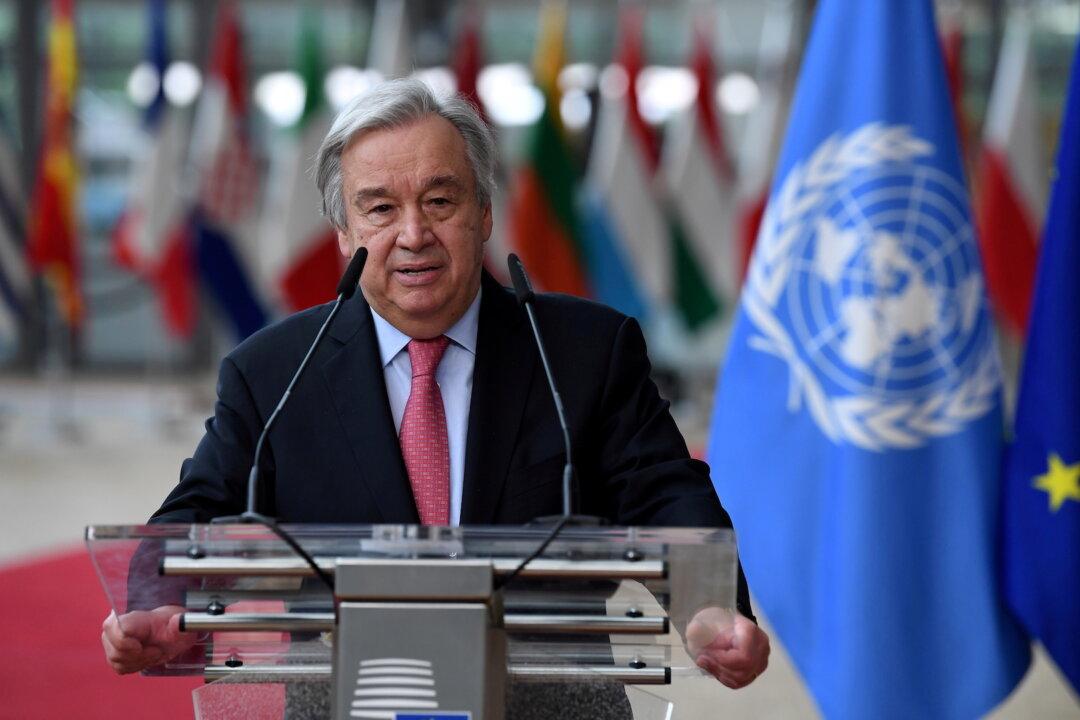United Nations (UN) Secretary-General António Guterres called on the world for unity and to fight the “global terrorist threat” in Afghanistan as Taliban insurgents took control of the nation’s capital over the weekend.
Guterres appealed for the UN Security Council and the international community to work together and ensure that human rights are upheld in the war-torn nation and make sure that Afghanistan never becomes a platform for terrorism again.





